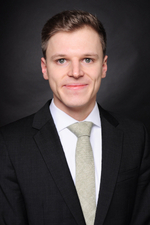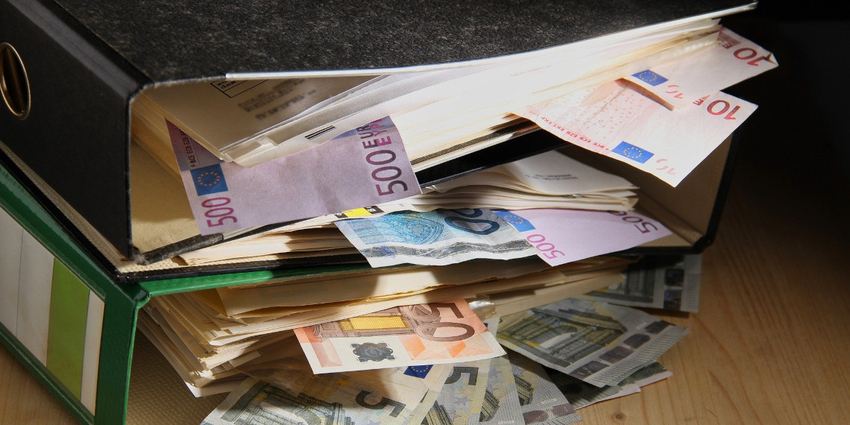Regarding climate protection issues in capital investments, there are increasing concerns that fund products could be marketed as "green" or "sustainable" even though sustainability aspects play little or no role in investment strategy and practice. To prevent such forms of "greenwashing," the German Federal Financial Supervisory Authority (BaFin) already has existing control options. Another directive with specifications for the designation of sustainable investment funds, as currently planned by BaFin, would add another "green" quality label to the already confusing European legal situation – without offering any added value in terms of information. These are conclusions by researchers of the Leibniz Institute for Financial Research SAFE based on a current SAFE Working Paper in a statement for BaFin.
“If the German financial market supervisory authority wants to ensure that investment products marketed as sustainable also deserve this designation, this is to be welcomed. Yet, the proposed national directive is not necessary for this purpose and is also not convincing in its drafting,” says Tobias Tröger, director of SAFE’s “Law & Finance” cluster. Together with SAFE researcher Sebastian Steuer, Tröger has elaborated in a statement for BaFin what the planned directive for sustainable investment funds lacks.
Key objectives of the directive already exist at the European level
According to the SAFE researchers, there is no need for a national directive to achieve the regulatory objectives because many European legislative initiatives, such as the EU Commission’s Ecolabel project, already ensure that investment products advertised as sustainable also have corresponding characteristics. The proposed directive would create yet another regulatory label for green investment products at the national level, further complicating the legal situation and creating more confusion than clarity.
In addition, the BaFin's draft directive remains too vague on key points. According to the BaFin draft, whether capital management companies are allowed to describe their products as sustainable depends, among other things, on the EU’s green finance agenda in the form of the Sustainable Finance Disclosure Regulation (SFDR). Only, according to the researchers, the authoritative definition of the SFDR bristles with facts that are open to interpretation. “A reference to this definition of sustainability does not create a label with real informational added value for investors,” Tröger says.
Clarity for the designation of sustainable investment criteria is lacking
In SAFE Working Paper No. 320, the authors refer to a label as an easily understandable sign of quality, such as a ranking or rating, that bundles and evaluates relevant raw data. “Labels are aimed primarily at investors such as retail private investors who do not have the time, resources, or knowledge to make their judgments based on raw data,” the researchers point out. For the SAFE Working Paper, the design features of disclosure requirements were examined and transparency obligations in the area of green finance regulation were assigned: either as a requirement for standardized disclosure in the form of raw data or as labels that signal green attributes of investment products based on a uniform methodology. However, according to the SAFE researchers, the fund category of “sustainable investment assets” proposed by BaFin does not have this signaling effect, as the draft does not offer any concrete benchmarks for assessing the “sustainability” of a fund.
“Even if BaFin did not want the intended fund category to be understood as a label, asset managers would possibly advertise with a ‘certification’ of their sustainable products by BaFin,” the researcher state. Instead of a directive that does not provide clarity for the designation of sustainable investment criteria, it would be more promising to control so-called greenwashing on a case-by-case basis through BaFin’s ongoing supervisory practice. The prohibition of misleading statements in the German capital investment legislation, for example, is available for this purpose. Other supervisory authorities, such as the U.S. Securities and Exchange Commission (SEC), also primarily pursue such an approach.
Download the full statement for BaFin here (in German)
Download SAFE Working Paper No. 320 here
Scientific contact

Dr. Sebastian Steuer


